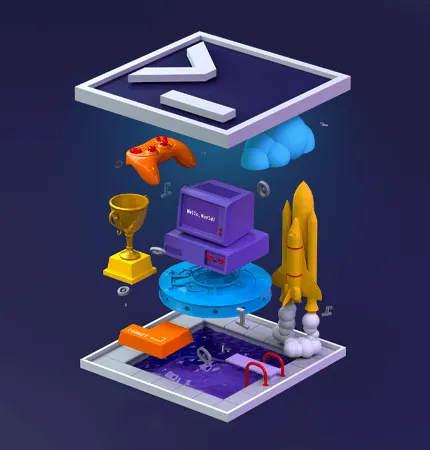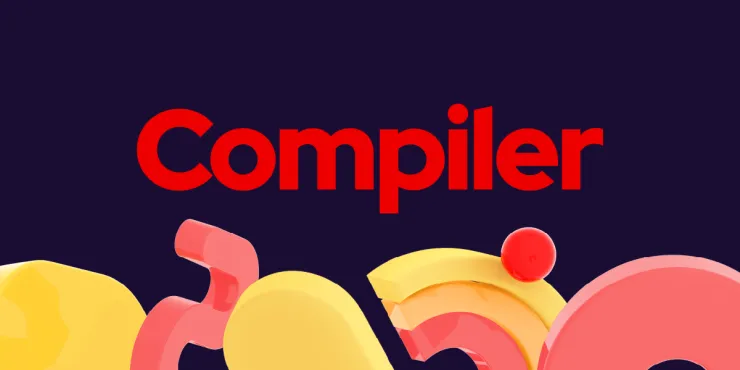
Press Start
Command Line Heroes • • Press Start | Command Line Heroes
Press Start | Command Line Heroes
About the episode
Before the terms 'open source' and 'internet' were even coined—there were gamers. They created proto-open source communities, sharing and building upon each other's work. For many programmers, gaming led them to their careers.
In this episode, we explore the creative free-for-all of early game development over ARPANET. Game development brings together a massive mix of creative and programming talent. But while creating video games started as an open process, a lot has changed. Hear how you can get involved in building our very own Command Line Heroes game—and in the spirit of games, hunt around for this episode's Easter egg.
Subscribe
Subscribe here:
Transcript
About the show
Command Line Heroes
During its run from 2018 to 2022, Command Line Heroes shared the epic true stories of developers, programmers, hackers, geeks, and open source rebels, and how they revolutionized the technology landscape. Relive our journey through tech history, and use #CommandLinePod to share your favorite episodes.



